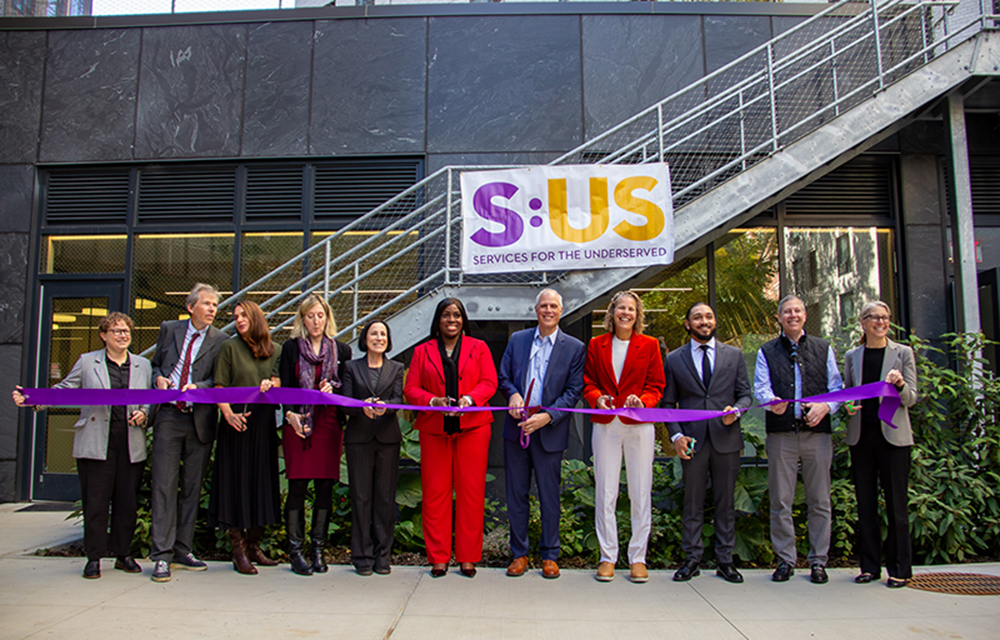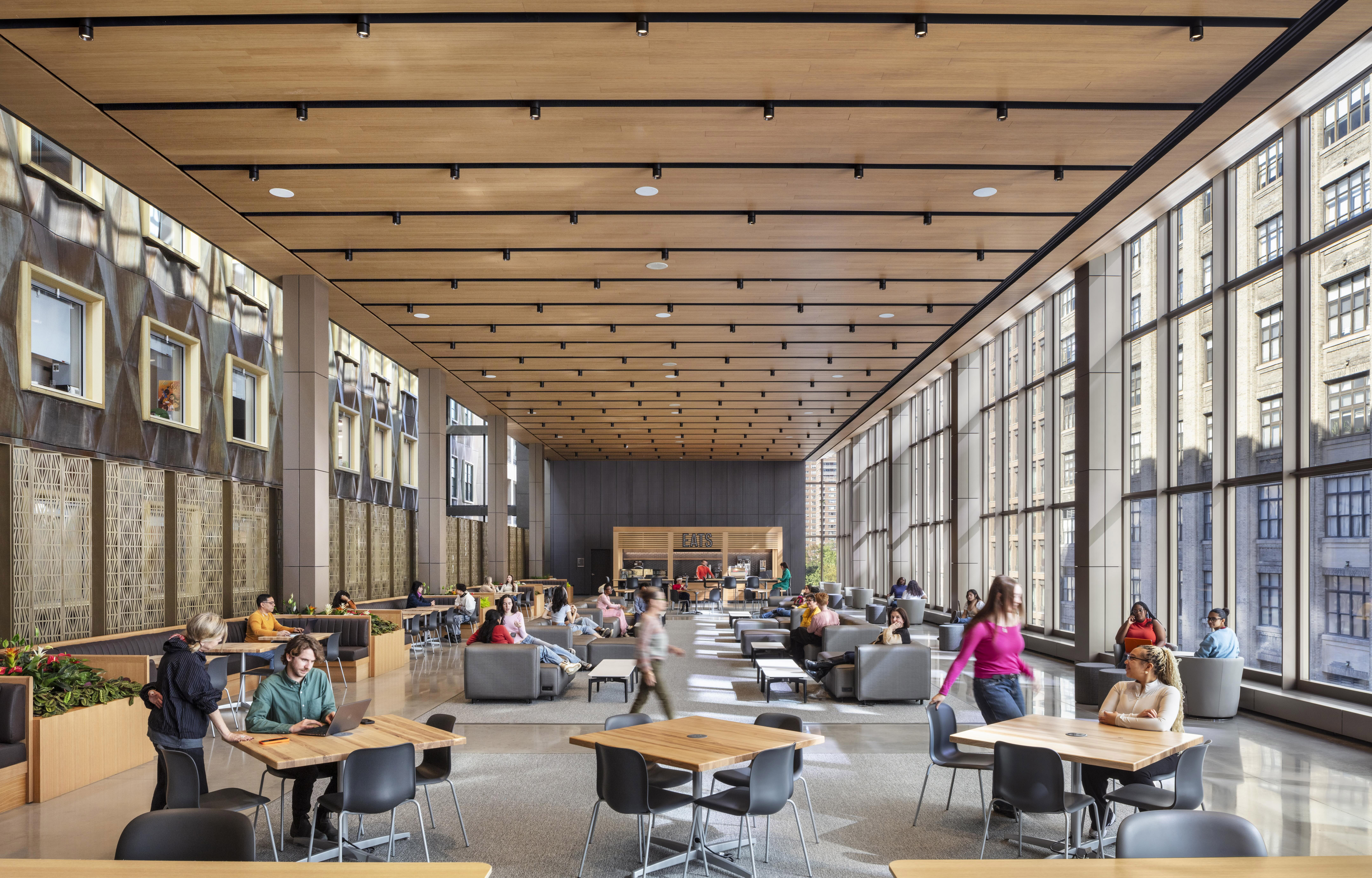Avison Young releases its Topical Report

Avison Young
Long Island, NY Never before has adaptive reuse been so prevalent in both urban and suburban areas than it is today. In many neighborhoods, service stations are being transformed into fast-food establishments, and vacated elementary schools into condos or hotels. As land becomes scarce and as towns and cities age, creative developers are stepping in to meet growing demand and are repurposing older, outmoded buildings into much needed residential, office and retail spaces. As long as sound underwriting and proper planning are taken seriously, the outcome of a renovation and adaptive-reuse project is often better than a new development. These are some of the key trends noted in Avison Young’s Topical Report: “Adaptive reuse projects: What’s old is new again.”
“Adaptive reuse projects take many forms; however, in its simplest definition, adaptive reuse is the redevelopment of a functionally, or financially, obsolete real estate property into a newer and better use,” said Ted Stratigos, Avison Young principal and managing director of the firm’s L.I. office. “With this increasing trend, especially in established areas in the U.S., where vacant and developable land is scarce, many cities and communities welcome these transformations, as they usually spread to other buildings and public spaces – often revitalizing an entire area.”
Stratigos said, “Perhaps the best example of this trend in the New York area is the borough-wide transformation of Brooklyn, which is still going strong. On Long Island, the growing demand for live-work-play lifestyles has triggered the transformation of an area long utilized for industrial, manufacturing and distribution into retail and multi-residential properties. These highly attractive projects have area-wide benefits to employees, residents and the entire community.”
Long Island’s embrace of the adaptive-reuse movement is proving to be beneficial for both users and the city’s commercial real estate industry as a whole. As the report notes, adaptive reuse projects offer many advantages to communities, residents, occupants and developers. Utilizing existing structures with character and historical significance often paves the way for an area-wide renaissance. Developers are able to recycle, or breathe new life into, an otherwise old and obsolete structure. Although projects sometimes require creativity, imagination and patience, the many benefits include the revitalization of blighted areas; a reduced environmental impact due to public transportation and shorter commutes, which can include walking and cycling to work; the ability to capitalize on locations that cannot be redeveloped, such as waterfront or parkside spaces; incentives from governments; and LEED certification.
Queens has also undergone considerable expansion due to adaptive reuse. In the Long Island City area, more than 11,000 new apartments have been built over the past decade, and more than 23 million square feet (msf) of adaptive-reuse projects are planned. In Astoria, Queens, the $1.5-billion Hallets Point project includes 4,000 residential units, and plans call for 3.5 msf of development. In Jamaica, Queens, projects spanning 6.48 msf are planned.
The obvious first step in the decision-making process is to consider the financial requirements and the project’s likelihood to lease up or sell out. The developer/investor must also consider, and get advice on, such factors as: zoning; the site’s physical attributes; environmental impact and traffic studies; site and environmental remediation; historical significance; labor; parking; and proximity to rapid transit, which has been a key selling point.
Stratigos said, “Although there are numerous considerations to address, the concept of adaptive reuse has significant positive benefits for developers, investors, the community and the environment. Adaptive reuse prolongs and improves the usefulness of a building in its surroundings. Renovation of existing structures should always be the first consideration – the end result could yield a cohesive blend of old and new.”
Avison Young is the world’s fastest-growing commercial real estate services firm. Headquartered in Toronto, Canada, Avison Young is a collaborative, global firm owned and operated by its principals. Founded in 1978, the company comprises 2,600 real estate professionals in 82 offices, providing value-added, client-centric investment sales, leasing, advisory, management, financing and mortgage placement services to owners and occupiers of office, retail, industrial, multi-family and hospitality properties.
Troutbrook expands with boutique condo project and Marriott Fairfield Inn & Suites renovation








.gif)
.jpg)
.gif)
.gif)